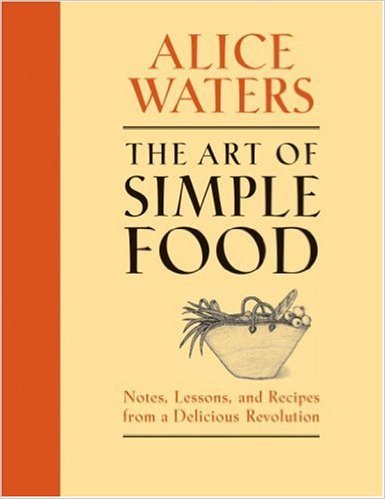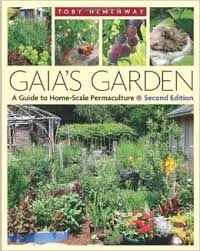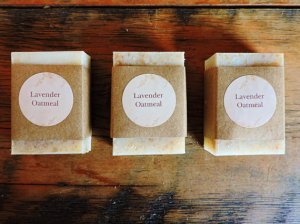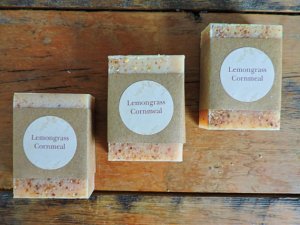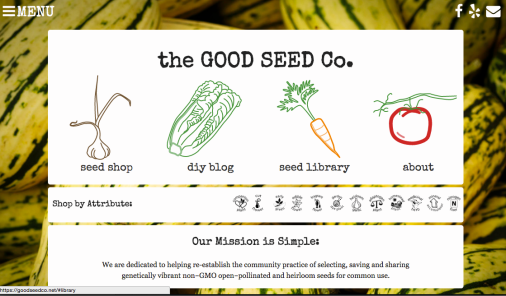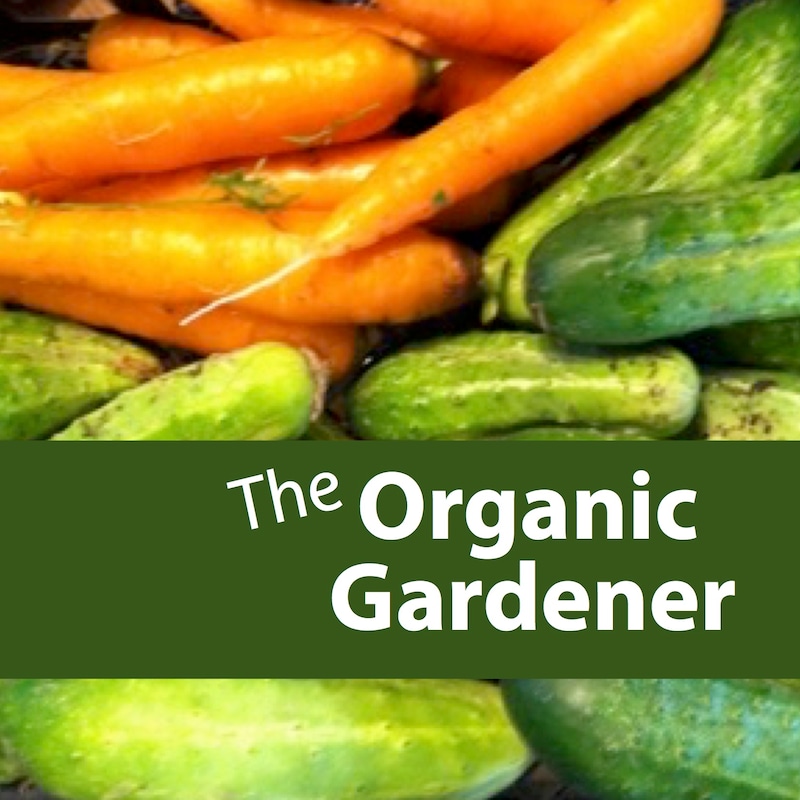
Shownotes
Santa Recycled bag and homemade bread from Alice Waters The Art of Simple Food
Christmas shopping?
Check out the Books recommended on the Organic Gardener Podcast
I’m excited to introduce this guest who is one of those forward thinking entrepreneurial visionaries I love. He’s going to talk us about his new venture Agritrue and Fertilizer For Less!

Blake Akers Agriture and FertilizerForLess.com
Blake is an Air Force Veteran who worked in Radio Frequency communications. He has spent the last 14 years working in Information Technology in some form or fashion including a brief venture into the world of SCADA Automation. He holds four college degrees including an undergraduate in computer science and an MBA. He founded his own Web Development and IT consulting firm in 2013, and started working for himself full-time this year. One of his latest projects is Agritrue.com. Agritrue is a community policed, beyond organic food certification and labeling program. It was designed to provide a low barrier to entry alternative to USDA organic. Agritrue is also an online directory where local consumers and producers can connect and grow the local food economy.
Tell us a little about yourself.
For the past couple of years, I’ve been working on the side trying to grow this software business, Agritrue, to the point where I could take it full time… shortly after the whole 2007-8 thing, a lot of fear around the incident, got into gardening as a result of that indirectly, it kind of stuck. It’s just fun to be outside, and to unwind before and afterwork…So I’ve been gardening trying to do the permaculture stuff, re-gen ag stuff around the house…. to provide our own food and take care of the land we have here…
So how big of a place?
traditional 3 bed/2 bath on 1.25 acres… it’s on top of a hill, it’s actually one of he tallest points in our county, so becasue of that we have some problems with drainage and clay soils…
Did you garden when you were a kid or did you grow up in Alabama? Or are you there because of the army? Airforce?
I grew up here, airforce… it’s a funny story if you say you want to go somewhere you don’t go there. They call it a dream sheet, becasue it’s really just a dream and your probably not gonna get what you pick. So they sent me to Germany, and we got to see Europe which was really neat but eventually we came home because we have family here and roots and all that… want to be able to take care of parents…
Tell me about your first gardening experience?
A little bit as a kid, not much, not enough to really stick… you know when youre a kid you have other interests and you’re pulled in different directions…. We had a couple of gardens when I was young but we never really did much with them, but for me having your own property a lot of people don’t do anything but for me a lawn is really wasted space…
So that was part of the motivation for me when I really got into that whole preparedness thing after the financial crash…. I got into that a little bit, some people take it way too far, I try not to but if you have seeds in a freezer somewhere what good is that if you don’t know how to garden?
so my purpose is to maintain that skill and have something fun to do… you know drink a beer and get back into nature… we don’t spend enough time outdoors…
How did you learn how to garden organically?
A lot of different resources probably the most beneficial
Gaia’s Garden By Toby Hemenway
Toby Hemenway’s book Gaia’s Garden. That’s just a great resource for somebody who’s got 1-2 acres and they are looking to learn how can we make this more productive by integrating different systems together so you do less work to work with the system
Do-It-Yourself (DIY) resource
And then
Backwoods Home Magazine they have some really great articles practical diy stuff… that I have found beneficial over the years.
Tell us about something that grew well this year.
We were out of town most of the summer, we’d come back one or 2 weekends the month. The only thing that really did well was peppers, for some reason in the south, jalapeños will survive the appocolyse if it happens… it was amazing! They did fine without us being here…
We set up a lot of irrigation systems…and mulch and the raised garden and that kind of helped…
at the end of the day when it got to the heat of June and July and August, things just got sad and died.
In the past we’ve done really well with cucumbers for some reason, literally, 5-6 plants bringing in 400 lbs of cucumbers!
wouldn’t think that
have that heavy clay soil
there’s a mineral they just love
the right temp they
Problem we had was when they werer ready that early the dill wasn’t ready…
we try to eat a lot of them fresh, but when you’re grabbing 20 lbs up in one afternoon you can’t even do that. I never tried dill, I just buy bulk spices and buy a pound of it, and make pickles that way. We tried fermenting, it was kind of interesting need to work on timing because if you leave them in too long they get a little soggy.

Mike’s Homemade Dill Pickels
Mike has some recipe, boy are they good in the middle of winter!
Chicken Tunnels
Is there something you would do different next year or want to try/new?
So while we were out of town, the plan was to move, that fell through.

Baby with Chicken
We keep maybe 5-6 chickens around to share with friends and family. So we got rid of the chickens, so next year this thing I want to try. Have you seen these chicken tunnels people are doing…
So to give you a visual, you have your rows in your garden, in my case I have raised beds with wood framing, so you have that area you have to weed… so people are making these tunnels, just tall enough for one chicken to move and they set it up so the chickens have access in the space between the rows, so they can’t really damage your plants but they can help with insect control, weed control, fertility
- insect control
- weed control
- fertility
getting into that permaculture principle of working with nature, getting animals to help you instead of doing all the labor yourself.
I love that because this is the first year our chickens had access to the garden, maybe becasue when the garden was blooming there was so much stuff… but they didn’t wreck anything… they didn’t have access to mike’s mini farm… I like the idea of them getting to eat bugs and weeds, for a long time they were in a pen, they only got scratch and lay mash, I like the idea they can get out and get more bugs we would save them chicken scraps! That sounds cool chicken wire tunnells! Are they portable?
So, if I design it, the concept is to make it lighweight enought so I can put it between the raised beds. So two people could pick it up and we could move it, they would just have access for about 3-4 days, let them out to a bigger area.
I LOVE IT!
Tell me about something that didn’t work so well this season.
There’s that during the summer, everything went wrong and nothing worked… we’re in the middle of the worst drought, in this part of the country! It’s historic! We have forest fires everywhere! We got literally 1/8’ rain in the past 90 days, even my perennials trying to dry out… normally we get a dry spell that lasts through sept, usually by this time of year it’s rainy. So that’s been a challenge getting the perennials moist enough to make ithtourhg the winter. …
That’s so true! Leslie Fowler talked about that in episode 152 that a lot of people think fruit trees die around her because of the cold, but it’s actually the lack of water, if they don’t have enough water before the frost, they die of thirst, dehydration, so it’s important to douse them with gallons of water in the fall.
“A lot of people around think you lose trees over the winter because of the cold, but you
- need to soak them down really well in the fall
if I’m anticipating a frost in 2-3 weeks I …
- put soakers and sprinklers and soak over night and move it over and over and over
- water on the drip line not at the base of the tree
- fertilizer same time, because it encourages the roots to reach outward”
So I could see getting your perennials to make it have enough water beforehand.
Actually we are allowed to hand-water once every other week.
That’s not much!
Well, it’s extreme, lakes drying up, all kinds of problems, probably the first of the year before we have a significant rain event… historic!
Probably what’s helping me the most is getting the soil ready before hand, doing things like
- mulch
- preventing evaporation
- building the webs under the soil of life what that does is hold in the moisture
In places where I have worked on improving the soil, the trees are doing a lot better then the places that I’ve neglected over the past years, I love the preventative part of what your saying! And doing everything you can to keep that soil as healthy as you can and bring it to life, keep on mulching!
You can win a healthy fabulous bar of soap from Simply Josephine by leaving a review on iTunes and entering our giveaway There’s Geranium Red Clay, Lavender Oatmeal, Lemon Eucalyptus, and Lemongrass Cornmeal! So four winners can each win a lovely scented bar of Dacia’s wonderful handmade soap.
The Good Seed Company has seeds that are locally adapted that are for new and experienced gardeners!
